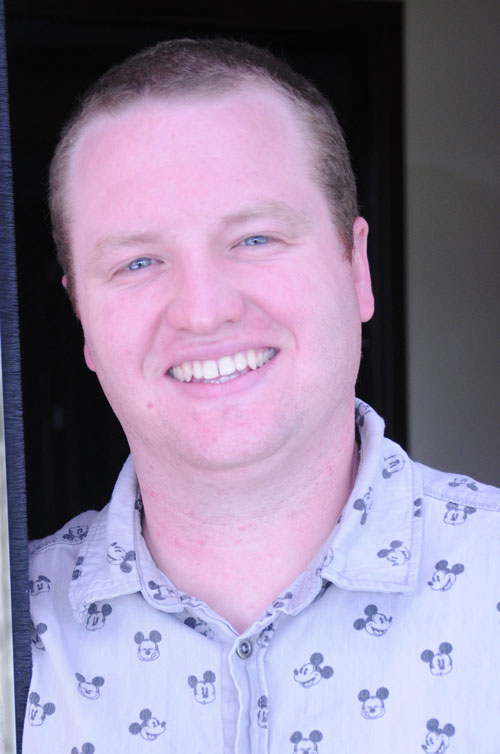Pastor Sean McIntyre, Centralia United Methodist Church
In some areas of my life, I live by the expression that it is easier to ask for forgiveness than it is to ask for permission. Once whatever you need to do is done, it’s done and there’s nothing anyone can do about it now besides either forgive you or be mad. Of course, you can take this to a dangerous and unhealthy extreme, but for matters that have nothing to do with ethics, it’s a tried and true method.
 Yet, when it comes to our faith, this is the wrong way to go about things. A handful of years ago, Hollywood actress Keira Knightley said she wished she was Christian because she could get away with anything. She could just do whatever she wanted and then ask for forgiveness afterward. For those of us who practice the Christian faith, this might seem like a silly thought. But it makes sense that someone would think that. In fact, the Apostle Paul addressed the early church about this. In Romans 6 he wrote: “What shall we say then? Shall we go on sinning so that grace may increase? By no means. We are those who have died to sin; how can we live in it any longer?”
Yet, when it comes to our faith, this is the wrong way to go about things. A handful of years ago, Hollywood actress Keira Knightley said she wished she was Christian because she could get away with anything. She could just do whatever she wanted and then ask for forgiveness afterward. For those of us who practice the Christian faith, this might seem like a silly thought. But it makes sense that someone would think that. In fact, the Apostle Paul addressed the early church about this. In Romans 6 he wrote: “What shall we say then? Shall we go on sinning so that grace may increase? By no means. We are those who have died to sin; how can we live in it any longer?”
Paul makes the point that the grace that God offers isn’t just for the forgiveness of sins and to perhaps remove guilt. Rather, the love and grace of God is so strong and so powerful that once it is received, transformation is experienced. Once we encounter the goodness, kindness, mercy, justice and love that is God’s grace, we become new people, transformed by this love, who no longer desire sin.
This is exactly the kind of Kingdom that Jesus preached about and brought to us. A Kingdom filled with people who don’t just do whatever they want and then ask for forgiveness afterward, but instead, a Kingdom filled with changed people dominated by love.
For the complete column, see this week’s edition of the Centralia Fireside Guard




